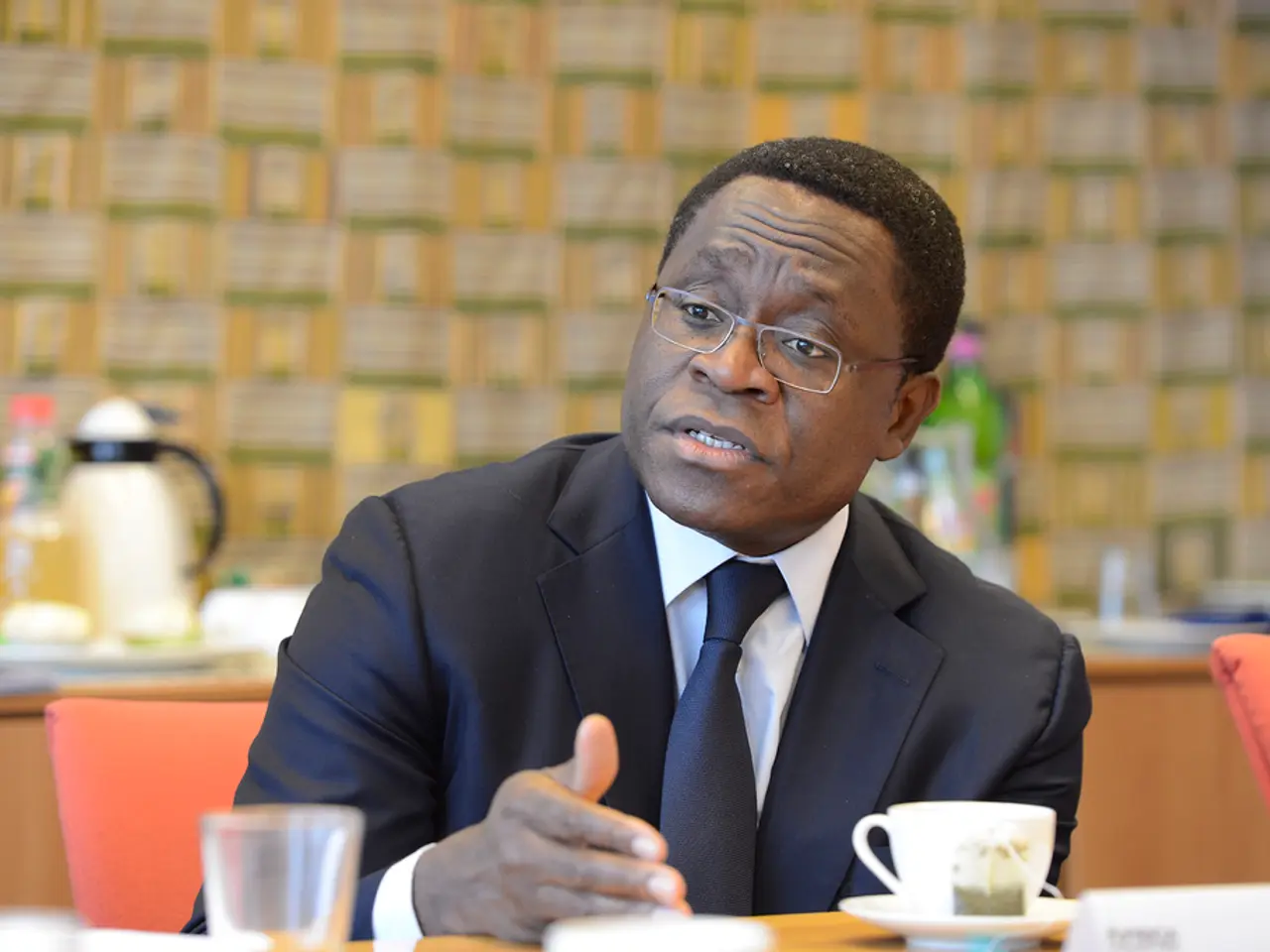U.S. and Switzerland remain open to ongoing discussions regarding custom tariffs
In a significant move that has raised concerns for both countries, the United States has imposed a steep 39% tariff on Swiss imports, effective from August 7, 2025. This marks a substantial increase from the previously threatened 31% rate and the 10% tariff that has been in place since April 2025.
The decision comes despite months of intensive and constructive bilateral negotiations between the U.S. and Swiss authorities, with the Swiss federal government expressing "great regret" over the new tariffs. The U.S. trade deficit with Switzerland remains the core concern driving the tariffs, as stated by Swiss President Karin Keller-Sutter in her final conversations with U.S. President Donald Trump before the August 1 deadline.
The tariffs have had a negative impact on the Swiss franc, which weakened slightly against the dollar following the announcement, although it remains stronger than prior to the initial tariff threat in April. This currency appreciation added economic strain on Swiss exporters, prompting the Swiss National Bank to take monetary easing measures such as lowering interest rates to zero.
Swiss officials continue efforts to negotiate a more favorable resolution compatible with Swiss law and international obligations. The Swiss federal government's Ministry of Finance has made a statement regarding the U.S. tariffs, emphasizing the need for a diplomatic solution.
Despite these efforts, no agreement has been reached to reduce or eliminate the tariffs. The U.S. is imposing the tariffs unilaterally, a move that has been met with criticism from the Swiss side. The conversation between the two presidents did not result in any progress towards reducing or eliminating tariffs.
The trade deficit continues to be a contentious issue between the U.S. and Switzerland. Swiss President Karin Keller Sutter made the announcement on her official X account, stating that no agreement can be reached based on the declaration of intent signed between the two countries.
These developments indicate heightened trade tensions and uncertainty in Swiss-U.S. trade relations as of mid-2025. Both countries are expected to continue diplomatic efforts to try to reduce the tariffs or mitigate their effects. Switzerland has maintained a constructive position in the negotiations, hoping for a resolution that respects its legal and international obligations.
[1] Swiss National Bank Press Release, August 2, 2025. [2] Swiss Federal Department of Finance Statement, August 3, 2025.
- The new 39% tariff on Swiss imports by the United States has escalated world politics, leading to intense discussions about policy-and-legislation and general-news regarding trade war-and-conflicts between the two countries.
- In response to the imposed tariffs, the Swiss National Bank and Swiss federal government have engaged in diplomatic efforts, expressing their hope for a resolution that respects Swiss law and international obligations, which could potentially impact the broader dynamics of politics and policy-and-legislation in the world.








